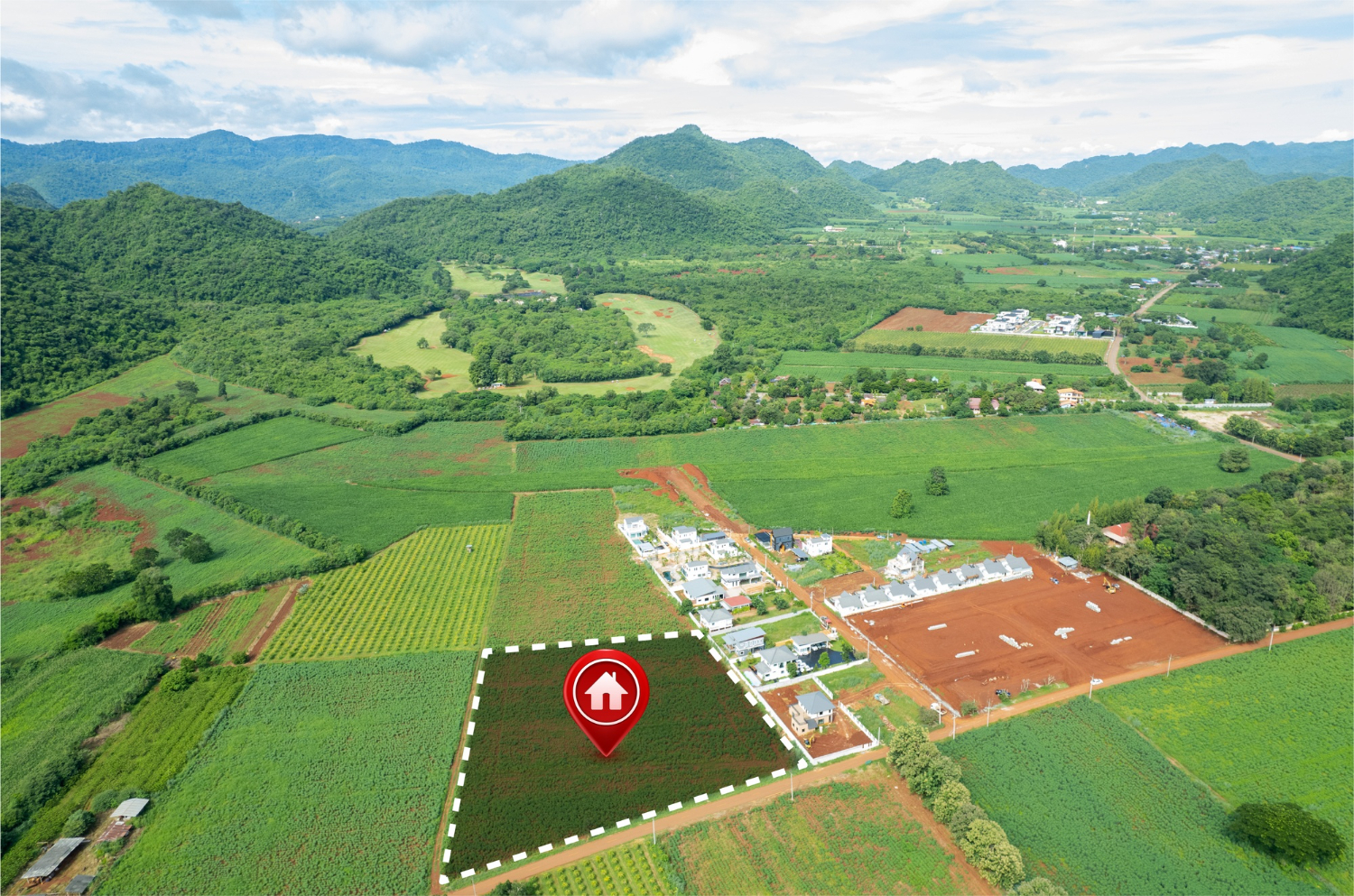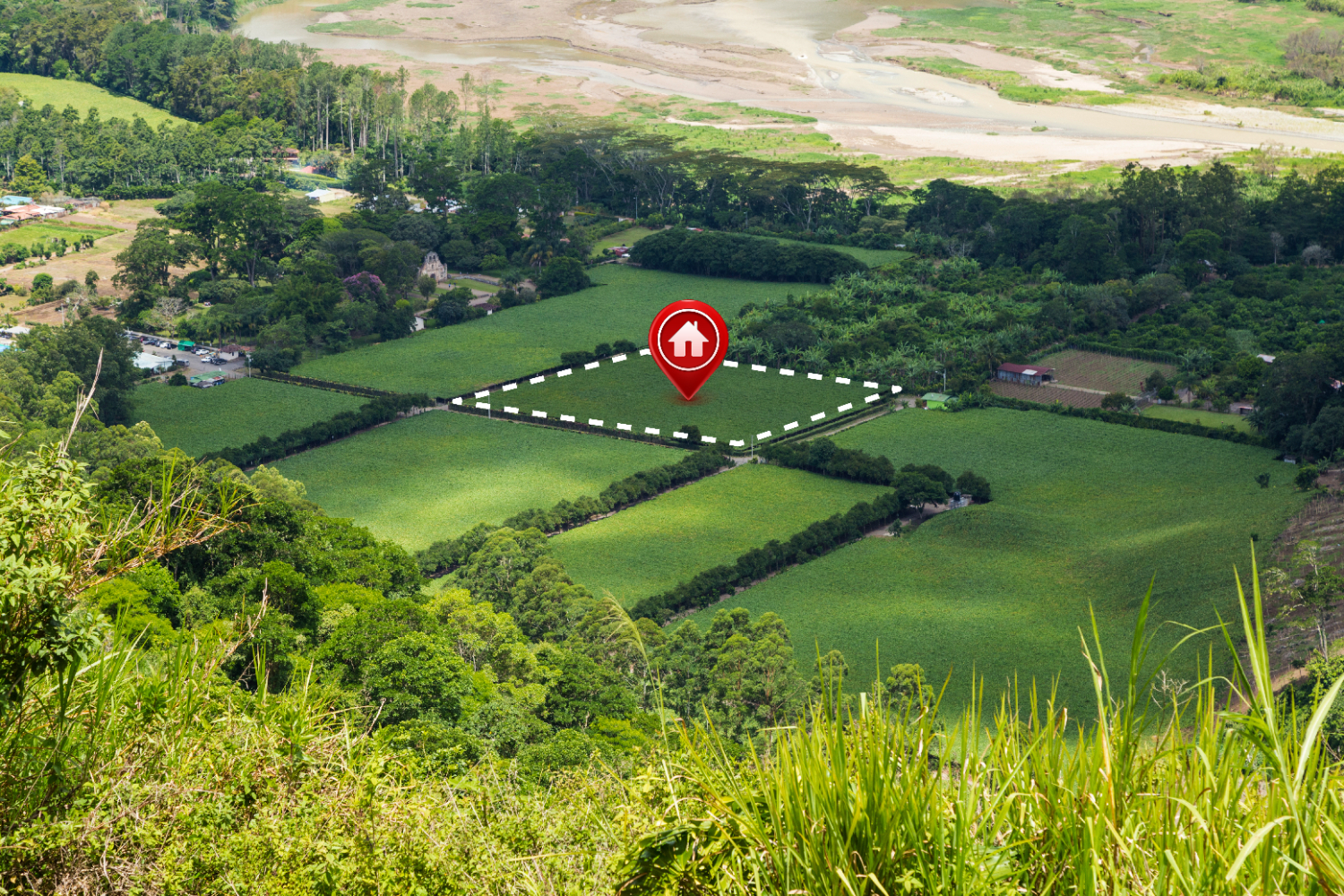Buying land is a significant decision that requires careful thought and preparation. Whether you’re looking to build a home, start a business, or invest for the future, understanding what to look for is crucial. Many factors come into play when buying land, and knowing these can help you make an informed choice and avoid potential pitfalls.
Understanding these aspects is crucial to making a smart and informed decision. So, we’ll break down the essentials every buyer should know, from evaluating land types and navigating legal requirements to determining costs and potential risks. Let’s explore what it takes to confidently purchase land and bring your vision to life.
Key Factors to Consider Before Buying Land
When buying land, several key factors can significantly influence your decision. First and foremost is the location. Think about how close the land is to essential amenities like schools, hospitals, and shopping centers. Good access to major roads or highways can also make a property more attractive. You want a spot that offers both convenience and potential for growth.
Next, evaluate the size and shape of the land. The size should match what you plan to use it for, whether it’s for building a home, farming, or commercial purposes. Consider the shape too; irregularly shaped plots might limit your building options or require more complex planning.
Utilities and infrastructure are crucial as well. Check if the land has access to water, electricity, sewage, and internet services. If not, find out how difficult and expensive it would be to get these utilities installed. Sometimes, the cost of adding these services can turn a seemingly good deal into a costly endeavor.
Finally, assess the topography and soil quality. Flat land is easier to build on, while hilly or rocky terrain may need special construction techniques. Good soil quality is essential if you plan to farm or garden. You may need to hire a professional to test the soil and survey the land to ensure it meets your needs.
Understanding Zoning Laws and Regulations
Zoning laws dictate how you can use your land, making them a critical aspect to understand before purchasing any property. These laws vary by location and can affect what type of structures you can build and the activities you can conduct on the land.
First, identify the zoning classification of the property. Common zones include residential, commercial, agricultural, and industrial. Each type of zoning has specific rules about what can be built and used on the land. For example, land zoned for residential use typically has restrictions against commercial buildings and activities.
Also, be aware of any local regulations or ordinances that might impact your plans. Some areas have strict rules about building heights, setbacks from property lines, and maintaining natural landscapes. These regulations aim to ensure community standards and environmental protection but can limit what you can do with your land.
Don’t forget to check for any special permits you might need. If you plan to build something that doesn’t conform to the zoning laws, you might need a variance or special permit. The process for obtaining these permits can be time-consuming and complicated, so it’s best to know beforehand.
Knowing and understanding these regulations helps you avoid future legal issues and ensures that you can use the land as intended. It’s a good idea to consult with local planning offices or a real estate attorney to get a comprehensive understanding of the zoning laws for your prospective property.
Evaluating Land for Development Potential
Assessing the development potential of a piece of land is crucial. This helps you understand if the land can support your project and what the costs might be. Start by looking at the land’s topography. Flat or gently sloped land is easier and cheaper to build on compared to hilly or rocky areas. Poor soil conditions can also make construction more challenging and costly.
Next, consider the availability of utilities and infrastructure. Check if the land has access to essential services like water, electricity, and sewage. If not, find out how much it will cost to bring these utilities to the site. The closer the land is to existing infrastructure, the lower your costs will be.
Look into any environmental issues that might affect your plans. Are there wetlands, endangered species, or contamination that could hinder development? These factors can significantly impact the feasibility and cost of your project.
Also, check for necessary permits and approvals. Some lands may require special permits for building or other activities, and obtaining these can be time-consuming and expensive.
Finally, think about the market demand for the type of development you plan. Whether it’s residential, commercial, or industrial, understanding the demand can help you make a smarter investment decision. Research local market trends to gauge the potential return on your investment.
Important Questions to Ask the Seller
When you’re serious about buying a piece of land, asking the right questions can reveal vital information. Here are some key questions to include:
1. Why is the land being sold? Understanding the seller’s motivation can sometimes offer insights into potential issues or advantages of the property.
2. What is the land’s history? Knowing the past uses of the land can help you identify any hidden issues like contamination or legal disputes.
3. Are there any existing liens or encumbrances? Ensure the land has a clear title to avoid legal troubles after the purchase.
4. What utilities and infrastructure are available? Confirm the presence and condition of essential utilities to gauge additional costs.
5. Are there any zoning restrictions? Understanding the zoning laws will help you know if your intended use is possible.
6. What are the property taxes? Find out the annual property tax to understand your long-term costs better.
7. Are there any environmental concerns? Ask about potential issues like flooding, wetlands, or contamination that might affect your plans.
8. Is there a survey available? A recent survey can provide you with clear property boundaries and help prevent future disputes.
Gathering this information helps you make an informed decision and can prevent unpleasant surprises down the road.
What Every Buyer Should Know About Purchasing Land
Buying land is an exciting venture but requires careful thought and preparation. From understanding key factors like location and utilities to navigating zoning laws and development potential, there’s a lot to consider. Asking the right questions to the seller can also provide valuable insights that help you avoid future headaches. Thorough research and due diligence can make your land-buying experience smooth and successful.
At 7Land Corp, we aim to assist you throughout this process, ensuring you make well-informed decisions. Whether you’re looking to invest, build, or simply need more information, we’re here to help. Reach out to us today to get expert advice and see how we can help buy your land for cash!




